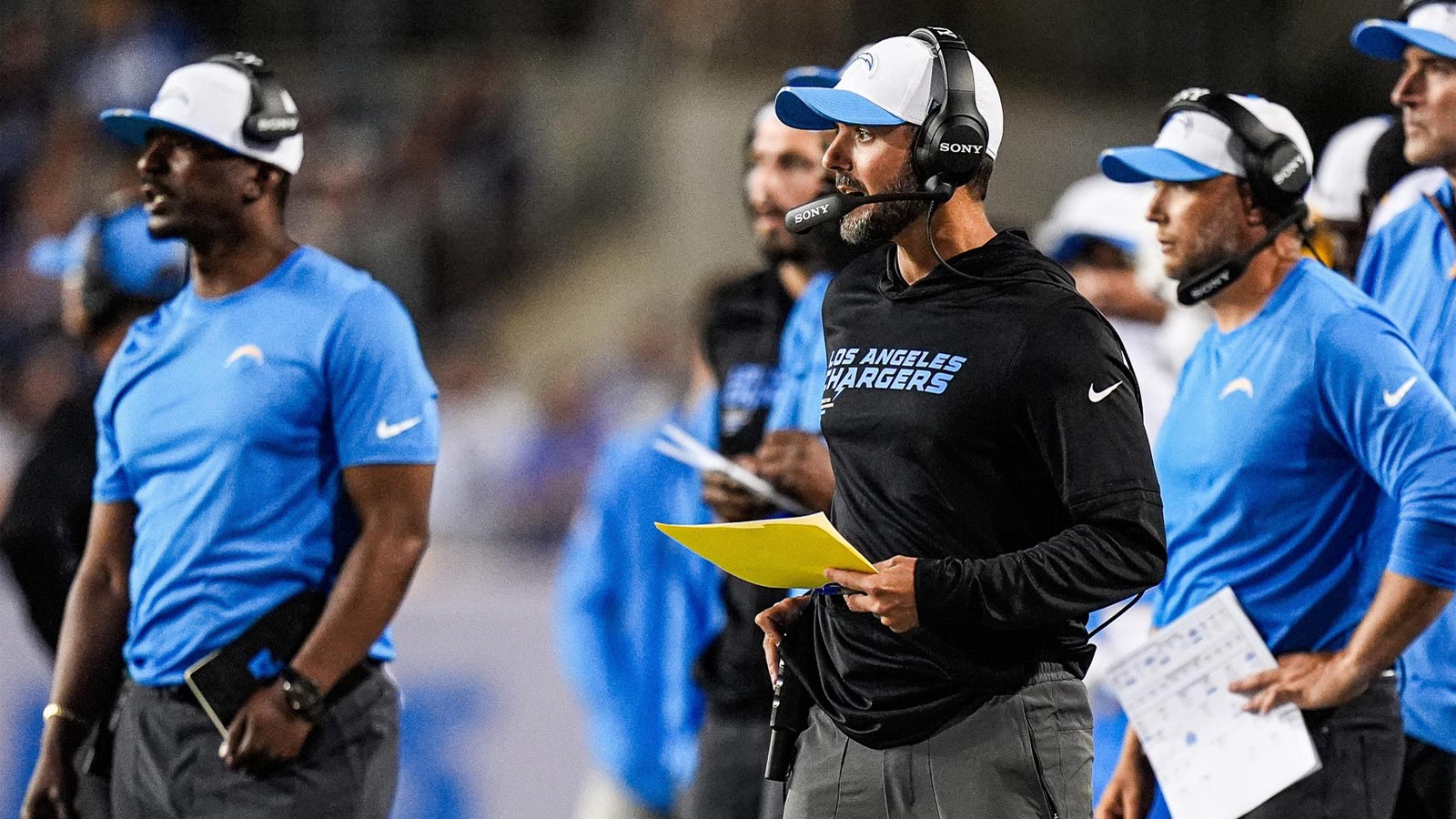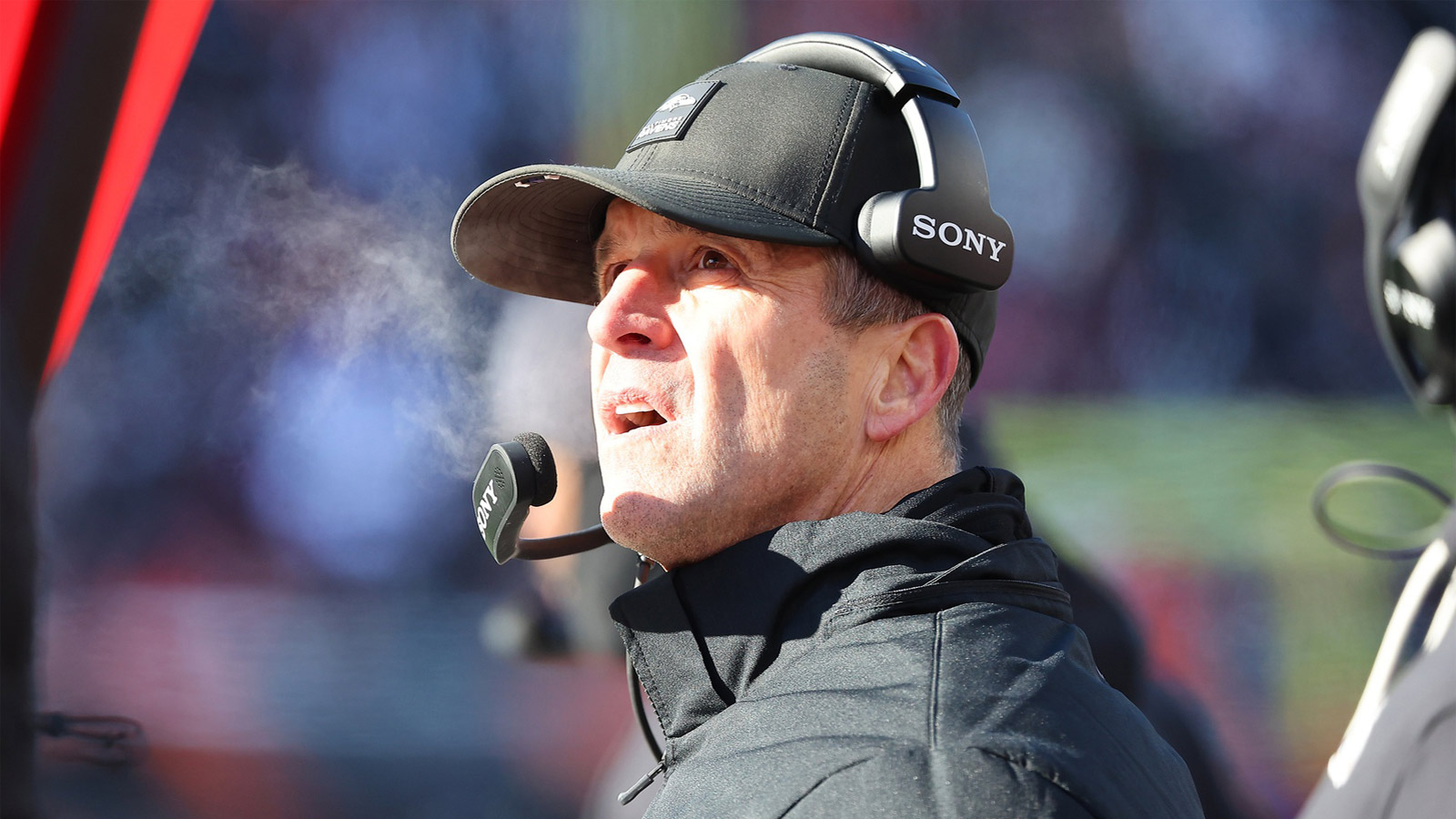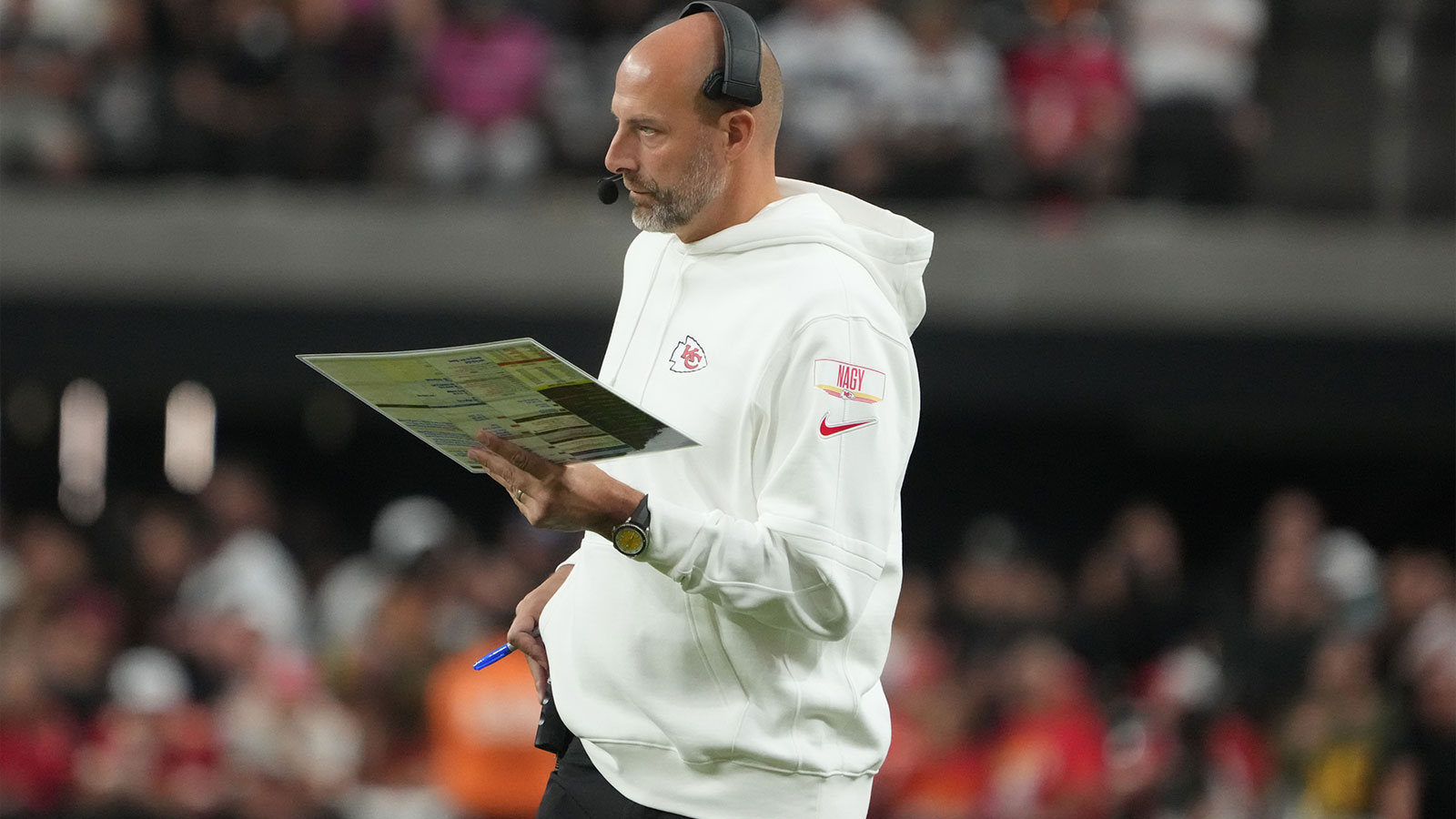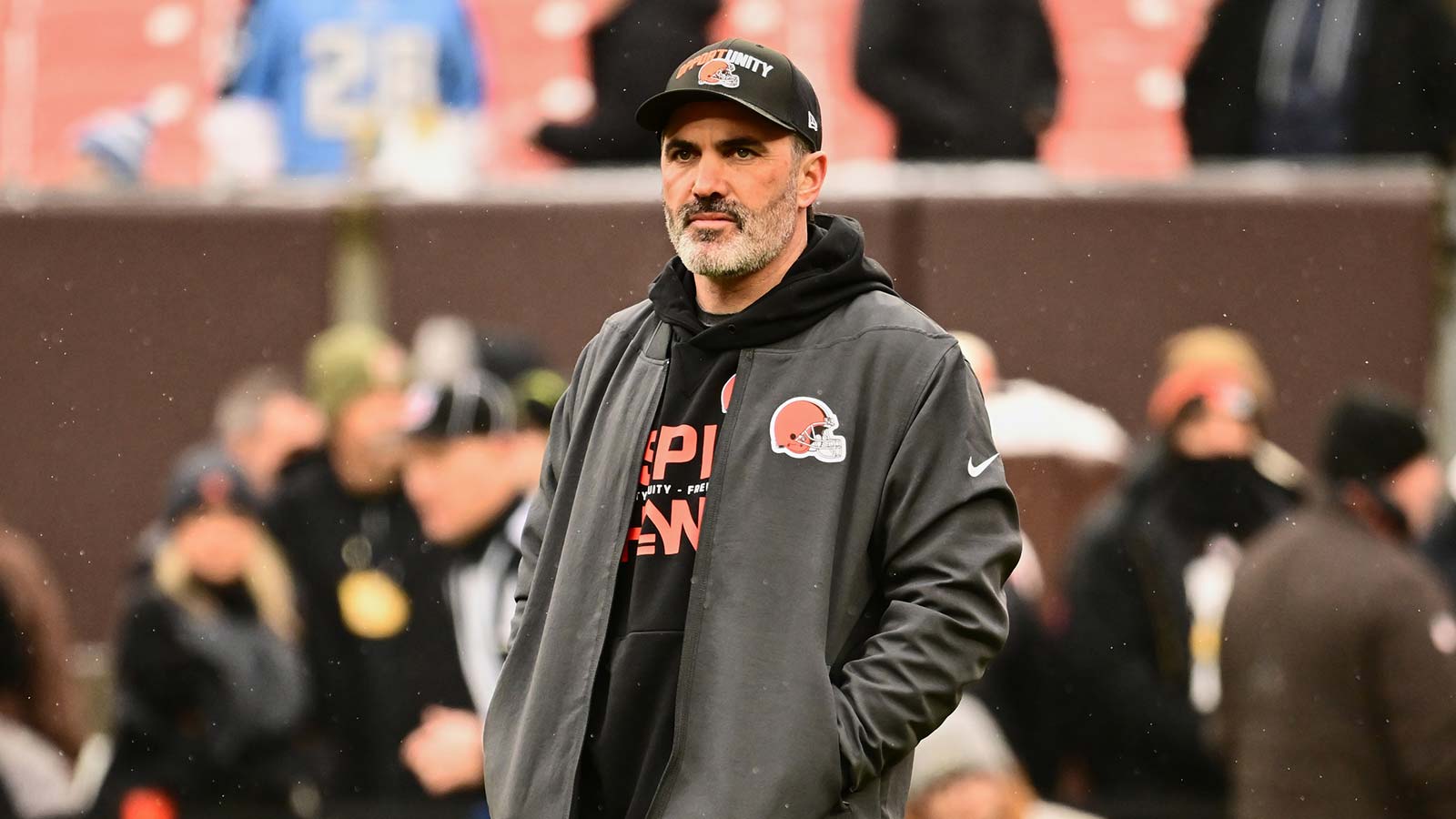The NFL world was thrust into mourning when it was announced that former Baltimore Ravens Super Bowl hero Jacoby Jones had passed away at the age of 40. He was discovered unresponsive in his New Orleans home last month and was later pronounced deceased. Following an investigation, the cause of death is now known.
TMZ reports that Hypertensive Cardiovascular Disease has been confirmed as the cause of death. It is a condition that is caused by long-term high blood pressure.
Jacoby Jones will forever be known as a Baltimore Ravens Super Bowl hero

Jones played a crucial role in Baltimore's run to Super Bowl XLVII, finding the end zone after catching a 56-yard pass from quarterback Joe Flacco; he also would add to Baltimore's lead with a 108-yard kickoff return early in the second half and it is still hailed as the longest play of any kind in Super Bowl history.
A native of New Orleans, Jones would play collegiately with the Lane College Dragons before being selected by the Houston Texans in the third round (73rd overall) of the 2007 NFL Draft.
He'd play five years with the Texans, racking up 2,733 receiving yards before signing with the Ravens in May of 2012. He'd soon tie an NFL record with a 108-yard touchdown return against the Dallas Cowboys in October of that season and would follow that up with a 105-yard return for a touchdown the following month against the Oakland Raiders.
Following his time with the Ravens, he'd spend brief tenures with the Pittsburgh Steelers and San Diego Chargers before announcing his retirement in 2017.
Hypertensive heart disease
For those unfamiliar with the specifics behind the ailment, the following information below comes from The National Library of Medicine:
“Hypertensive heart disease refers to a constellation of changes in the left ventricle, left atrium, and coronary arteries as a result of chronic blood pressure elevation, which increases the workload on the heart inducing structural and functional changes. These changes include hypertrophy of the left ventricle, which can progress to heart failure; patients with left ventricular hypertrophy have significantly increased morbidity and mortality.
“Hypertensive heart disease ultimately encompasses all of the direct and indirect sequelae of chronic high blood pressure which include systolic or diastolic heart failure, conduction arrhythmias, especially atrial fibrillation, and increased risk of coronary artery disease. This activity reviews the evaluation of hypertensive heart disease and identifies the role of the interprofessional team in managing this condition.”




















